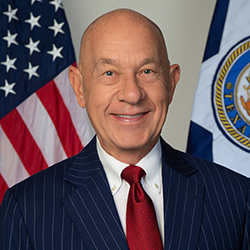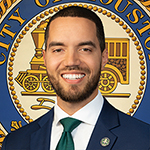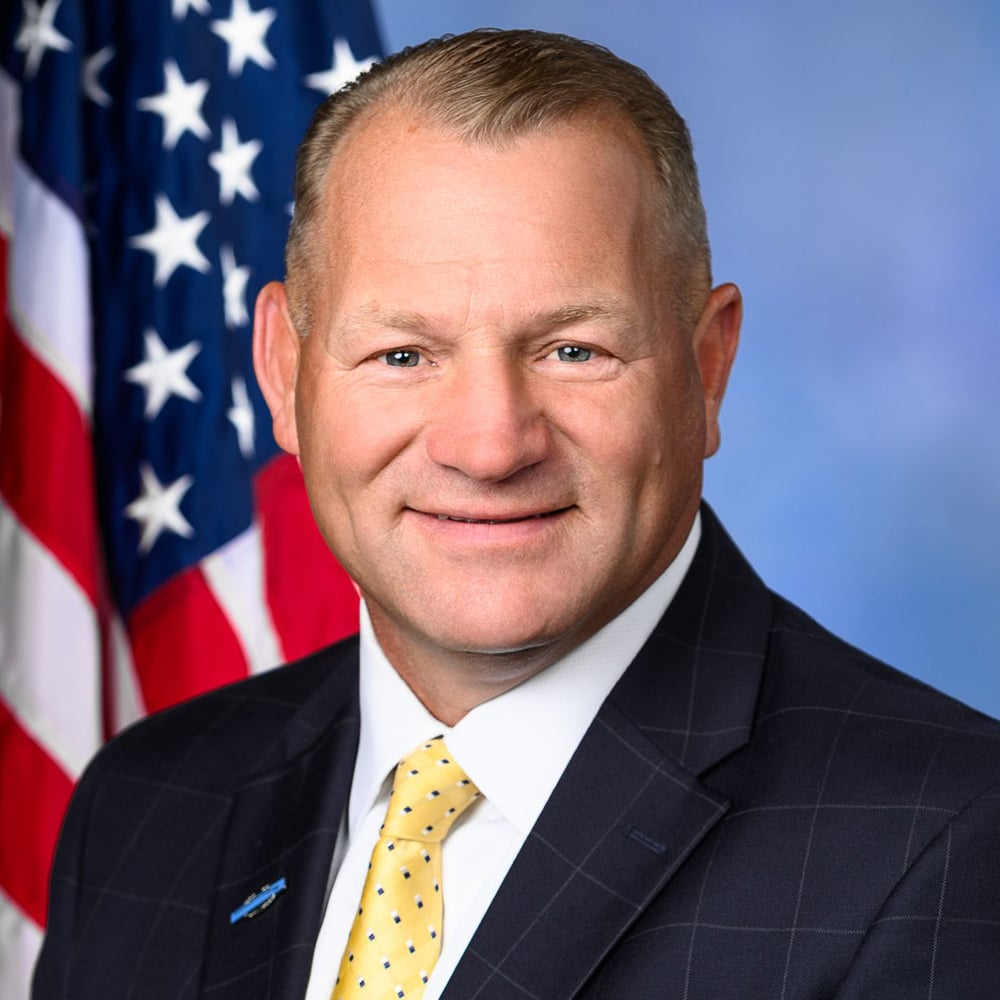Goddammit.

What was promised…
The Metropolitan Transit Authority of Harris County will not pursue the University Corridor bus rapid transit line, a core element of the MetroNext program, delaying the project indefinitely.
During a Tuesday meeting of the board of directors’ Strategic Planning Committee meeting, members were informed by Metro staff that the agency’s financial picture is not conducive to pursuing the project, citing rising operational costs and farebox revenue losses due to the lasting impact of the COVID-19 pandemic.
“If the finances are not there and not sound, we have a responsibility to make sure that our decisions are financially sound,” said board chair Elizabeth Gonzalez Brock. “Without the numbers working, then we cannot move forward.”
The University BRT line, along with the Gulfton and Inner Katy BRT lines, was a centerpiece of the METRONext initiative, a series of projects and improvements the agency’s previous leadership said would drastically change public transit in Houston. Voters approved $3.5 billion in bonds for the initiative in 2019. None of those bonds have been sold.
Some speakers voiced their continued support for the University BRT during the public comment period of Tuesday’s meeting.
“The University BRT is a major next step in manifesting the freedom that those who call Houston home deserve,” said Diego Degenhart. “It is a vital link between backbone communities … and major destinations.”
Speakers conceded the project may look different than originally conceived, but they urged the board to consider moving forward with the project and not forgo federal grant funds.
“I understand that you’re changing your priorities,” said Isaac Metcalf. “But if you miss that deadline, you’re missing out on literally a billion dollars in money.”
He was referring to a June 27 application deadline for a Federal Transit Administration grant.
“We understand that voters voted for this. We understand that there’s an obligation to keep this on the front burner,” said board member and committee chair Bob Fry. “I suspect that every budget season we will be looking very, very hard at this to see if it makes any more sense than it does now.”
The delay on the University BRT does not mean that MetroNext as a whole is dead, officials said. Some of the projects, however, may be revised.
The fate of the MetroNext BRT projects has been up in the air since Mayor John Whitmire took office and appointed Brock and other board members. Whitmire has been publicly against the University and Gulfton corridor projects, and the agency had taken down its webpages for the projects, with leaders referring to the information as advocacy rather than simply factual.
No decision has been made on the fate of the other BRT projects. The Inner Katy project remains in a review phase, partially due to needed coordination with the Texas Department of Transportation. The Gulfton BRT is expected to be reimagined as part of a broader revitalization effort of the area in collaboration with the city.
[…]
According to Chief Financial Officer George Fotinos, the COVID-19 pandemic drastically changed the financial impact of the University BRT project. The agency is projecting a $500 million loss in farebox revenue over 15 years. That, coupled with an $850 million increase in operating expenses stemming in part from inflation. That $1.35 billion difference cannot be covered with issuing debt or applying for grants, per Fotinos.
Continuing on the current path with the University BRT line would force Metro to make cuts to maintain its current level of service for four years, and would not have resources for any additional initiatives, he said.
“The opportunity costs are very high,” Fotinos said. “We’re on a track that we’re really kind of married to, there’s nothing else we can do.”
Staff presented a potential set of alternatives that could be pursued instead of the University BRT, namely with more attention to road infrastructure for buses in certain corridors, rebuilding the agency’s reserves, and investing in service and reliability. Other options include an increase in police funding and stabilizing their workforce.
Eccles pushed back against what he saw as a false dichotomy between the two options, with no possibility for middle ground where the University BRT would be scaled down but still provide a vital east-to-west connection that parallels Metro’s busiest bus routes.
“It was like we can do all of it or we can do nothing,” Eccles said. “I don’t think that’s faithful to the MetroNext plan that was overwhelmingly passed by voters.”
See here, here, and here for some background. I get the financial argument. Prices are higher than they were in 2019, interest rates are no longer zero, and while ridership has largely recovered from the pandemic, the overall picture is less robust. As the single most expensive item on the project list, the U-line was an easy target. That doesn’t mean it was the right one.
The Chron adds on.
Still, the delay is a step backward on previous plans by the agency, which hoped to make the University Corridor the backbone of transit projects in the region. As a result, some elected officials urged Metro to stay the course.
“We owe it to our communities to deliver on what the voters overwhelming requested and what Metro has repeatedly promised,” Harris County Precinct 1 Commissioner Rodney Ellis wrote in a letter to the Metro board Monday, noting the 2019 long-term plan was approved by 68% of voters.
That support was, in part, because of the large projects listed that would finally give Houston robust region-spanning rapid transit, supporters said. By linking downtown and Uptown to the colleges and other locations, the University Corridor connected some of the most desirable locations in the region.
“All of Houston’s major job centers will be linked by rapid transit that is not delayed by congestion,” said Peter Eccles, director of policy and planning for the advocacy group LINKHouston.
The line, however, is one of many Metro priorities, transit board chairwoman Elizabeth Brock said.
“These are not easy conversations to have,” said Brock, noting ridership needs to increase before Metro can take on some major initiatives. “If we do not address some of our core needs, it will have an impact.”
Not building the University Corridor also impacts future riders by eliminating the service, meant to link other planned projects, which officials are pursuing, albeit cautiously. Reddy said Metro continues developing its planned Inner Katy bus rapid transit — part of a Interstate 10 plan partnering with the Texas Department of Transportation — as well as a proposed rapid transit project in Gulfton.
Both of those projects ranked slightly behind the University Corridor in terms of seeking federal grants, with officials saying a final decision on those is expected as they proceed, balanced with Metro’s finances. Comparatively, however, the Inner Katy and Gulfton projects are much smaller. Combined, they have an estimated cost of less than half that of the University Corridor.
They did, however, complement it by crossing the University Corridor and giving future riders far more fast options. As long as the University Corridor sits on a shelf, those connections remain concepts.
“Making a network is what increases ridership and increases viability,” said Luis Garcia, an Acres Homes resident who supported the University Corridor project.
Since a large-scale turnover of transit board members, the plan for increasing ridership has shifted to improving the existing services. Brock has said the way to lure riders is to confront their perceptions that the system is unsafe or inconvenient by upping the police presence, increasing frequency of some routes and making it easier for people to access transit and be more comfortable while they wait.
Actually, a pretty good way to attract more riders is to offer more service to more places that people want to go. Crazy concept, but there you go. I’m not knocking most of the other ideas – just, for God’s sake, don’t spend a bunch of money hiring more cops – I’m just saying it shows no vision. We remain stuck. The only thing there’s ever money for is highway projects with constantly increasing price tags. I don’t have anything constructive to say right now, so I’m going to stop here. This just sucks.





















